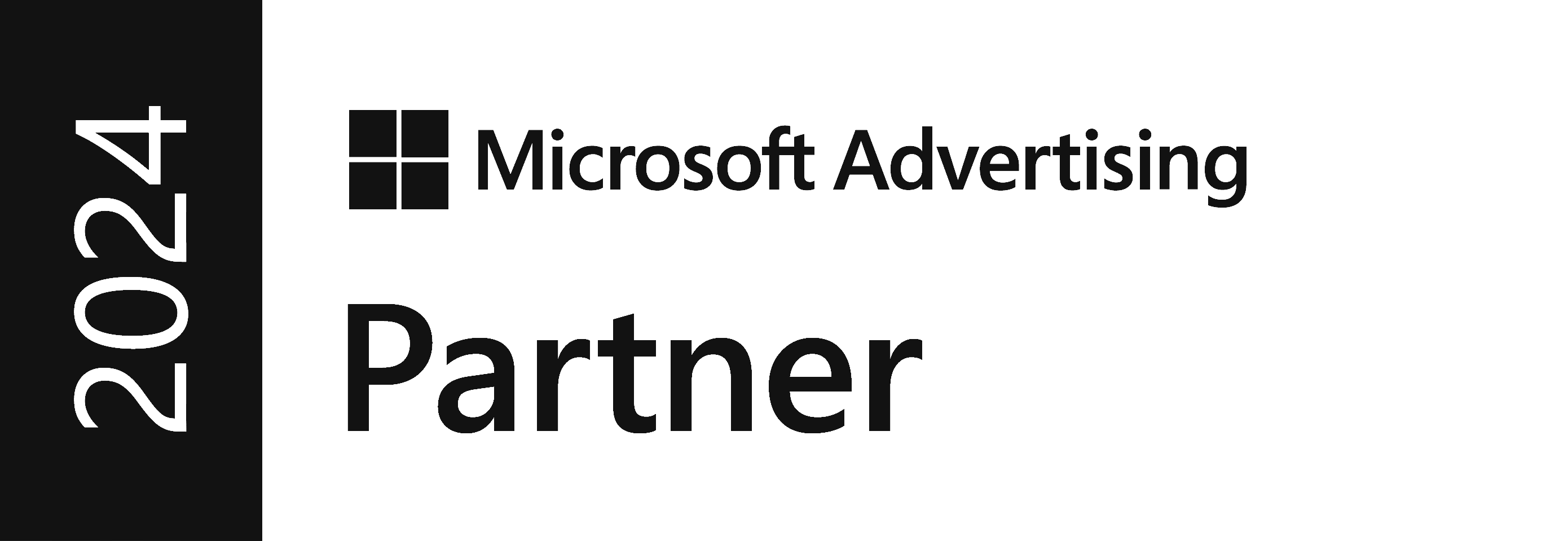The world of SEO is undergoing one of its most dramatic transformations, driven by the rapid rise of generative AI. This shift has left me wondering: Is this the death of informational content for SEO?
The Changing Search Landscape
Google’s dominance in search is slipping. According to Ofcom’s Online Nation Report, Google’s share of the UK search market fell from 86% to 83% this year. While this 3% dip might not seem remarkable, it could mark the start of a significant trend.
Meanwhile, alternative search engines are making modest gains. DuckDuckGo saw a 3% increase in share of search, and Bing is finding favour with older users (43% of 65+ compared to 36% of 25–34-year-olds).
But what else driving these changes? In part, the rise of AI-powered tools and Google's Search Generative Experience is reshaping how we search and consume information.
AI’s Impact on Search Behaviour
AI platforms and search engines are revolutionising search, with tools and overviews offering direct answers and summaries instead of traditional links. Just like Facebook and LinkedIn, search engines are prioritising ways to keep users within their ecosystems to maximise ad revenue.
For brands, this raises a crucial question: How can you maintain visibility in an AI-driven search landscape?
Here’s what’s happening:
Websites that once thrived on high-performing informational queries are seeing traffic decline as search engines surface answers directly. In one study, the aggregate organic traffic drop as a result of SGE was 18-64%.
Search engines and AI platforms use different metrics to deliver results, creating more nuanced (and sometimes unpredictable) outcomes.
Only 18% of users currently trust AI-generated summaries, but this confidence is expected to grow as technology improves.
The AI-generated answers in Google’s Search Generative Experience (SGE) do not match any links from the top 10 Google organic search results 93.8% of the time.
On average, SGE shows about 10 links, but only about four unique links which means competition for visibility in these results is much fiercer than in traditional search engine results pages (SERPs), where a greater variety of links is shown.
What Does This Mean for Your Content Strategy?
Despite these shifts, informational content remains as valuable as ever. It’s not being devalued—it’s being surfaced differently. For instance, Google often incorporates informational content into its AI summaries, which may reduce site traffic but doesn’t diminish the importance of being featured.
Stay Ahead with These Steps
Monitor Your Visibility in AI Overviews: Tools like SEMRush can help you track how your brand is being showcased.
Double Down on Brand Building: Strong brand awareness will always give you an edge, especially in this changing landscape.
Embrace Generative Engine Optimisation (GEO): Start incorporating GEO into your 2025 strategy to understand and optimise for AI-driven search.
Keep E-E-A-T in Mind: SGE's reliance on trusted, authoritative sources highlights the need to build a strong backlink profile and produce high-quality, reliable content that demonstrates experience, expertise, authority, and trustworthiness (E-E-A-T).
While we’re still in the early days of AI-driven search, one thing is clear: building a strong, visible brand is non-negotiable. Informational content isn’t dying—it’s evolving. Brands that adapt to these changes will continue to thrive.
Is it time to look at your Marketing Strategy?
Take our FREE marketing assessment and get tailored insights to help inform your marketing strategy: https://www.optixsolutions.co.uk/marketing-assessment.
1st Floor, Alphin Brook House,
Alphin Brook Road,
Exeter EX2 8RG
MORE THAN
Digital
Marketing.
View our sustainability page.
PPC for B2B
PPC for Law Firms
PPC for Luxury Ecommerce Brands
PPC for Travel and Tourism
GEO Audit






